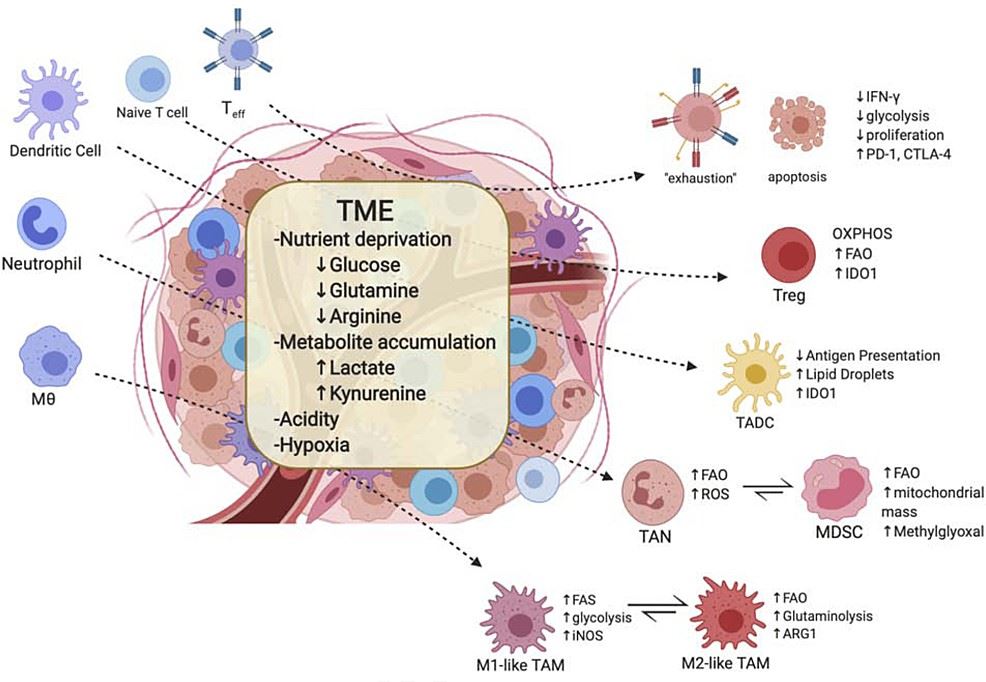Engineering Cancer Cells with Synthetic Immunomodulatory Gene Circuits for Cancer Immunotherapy
Creative Biolabs has organized a staff of outstanding scientists who have engaged in engineering cancer cells with synthetic gene circuits for many years. If you need to boost your R&D capacities, we will help you to achieve your goals in time.
Limitations of Immunotherapy in Cancer
Despite primary advancements in cancer therapy, cancer continues to be one of the main reasons for death globally. Techniques for immunotherapy against malignant improvement are rising as fantastic treatments for this setback. The rapid development of modern immunotherapeutics, including articulated targeted spot inhibition, chimeric antigen receptor (CAR) T-cell therapy, oncolytic infections, and recombinant cytokines, has inspired a decrease in stubborn malignancies and led to an emotional improvement in patient endurance. However, these approaches are still limited by challenges, including the lack of targetable tumor-specific antigens and tumor-mediated immunosuppression.
Immunostimulatory factors can be utilized to overcome these challenges, but off-target activity often results in severe toxicity. For instance, tumor-specific surface T cell engagers (STE) expression can substitute for targetable tumor antigens but must be constrained to cancer cells to avoid damage to healthy tissues. Moreover, to overcome tumor-mediated immunosuppression, other immunomodulators, such as chemokines, cytokines, and immune checkpoint inhibitors can help but have caused severe side effects. What is more, individual immunomodulators are frequently insufficient on their own to yield strong anti-tumor efficacy.
 Fig.1 Tumour microenvironment (TME) and associated immune cell metabolism.1
Fig.1 Tumour microenvironment (TME) and associated immune cell metabolism.1
Engineering Cancer Cells with Synthetic Immunomodulatory Gene Circuits Service at Creative Biolabs
Synthetic biology enables the creation of powerful genetic biological tools for studying, diagnosing, and treating disease. For example, synthetic tumor-targeting gene circuits have been designed to target tumor cells with enhanced specificity but with limited efficacy. With an experienced team in the immunotherapy field, Creative Biolabs has explored various strategies to overcome this problem. To be exciting, one of them, combinatorial immunotherapy seems to be effective and less toxic.
Scientists at Creative Biolabs apply gene circuits to achieve tumor-specific expression of immunostimulators and tumor-mediated immune suppression. Our design included an immunogenic cell-surface protein, a cytokine, a chemokine, and a checkpoint inhibitor antibody. In in vitro assays, the circuits trigger selective T cell-mediated killing of cancer cells. In in vivo efficacy assays, the designed circuits delivered by lentiviral can mediate significant tumor reduction and less toxicity.
Highlights
-
Enabling tumor-specific immunomodulator expression
-
Trigger tumor-specific killing by T cells in vitro
-
Effective antitumor responses in vivo
-
Targeting multiple cancer types
Our Other Strategies for Cancer Cells Engineering Including but Not Limited to:
For more detailed information, please feel free to contact us or directly send us an inquiry.
Reference
-
Gupta, Sanya, and Samarth Shukla. "Limitations of immunotherapy in cancer." Cureus 14.10 (2022). Distributed under Open Access license CC BY 4.0, without modification.
For Research Use Only | Not For Clinical Use


 Fig.1 Tumour microenvironment (TME) and associated immune cell metabolism.1
Fig.1 Tumour microenvironment (TME) and associated immune cell metabolism.1
 Download our brochure
Download our brochure